.jpg)
Why Do frogs croak at night
Why Do Frogs Croak at Night? Frogs croak at night primarily as a means of communication and establishing territory. The rhythmic sounds produced by male frogs, often referred to as croaking, serve multiple purposes during the breeding season. One key function is attracting potential mates, with each species having a distinct call that signals.

Why do Frogs Croak at Night?
If you've ever heard the sound of a frog croaking in your backyard pond or a nearby marsh, you may have asked yourself why frogs croak. It turns out that there are a few important reasons that frogs have evolved to make this distinctive sound. Most notably, the croak is a mating call that males use to attract females during the breeding season.
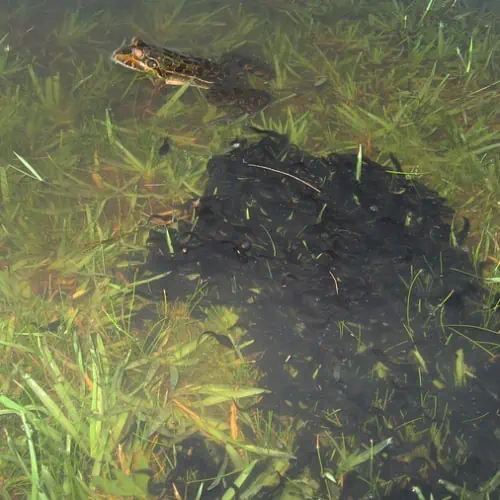
Why Do Frogs Croak at Night? (Surprising Facts) Pond Informer
Why do frogs croak at night? Frogs croak for two main reasons - to attract mates and defend their territory. The loud croaking sound that often keeps people up at night is a result of these activities. During the spring and summer months, after rainfall, frogs are most active in their mating and egg-laying. Each species has a unique call that.

Why Do Frogs Croak At Night? Qunelia
Male frogs croak to attract a potential mating partner. This type of communication is effective because it can reach far and ponds or other waters are often quite large. Frogs croak at night because this is the safest way to let females know that they are available. It is the safest way to go because in this way the frogs can avoid day-time and.
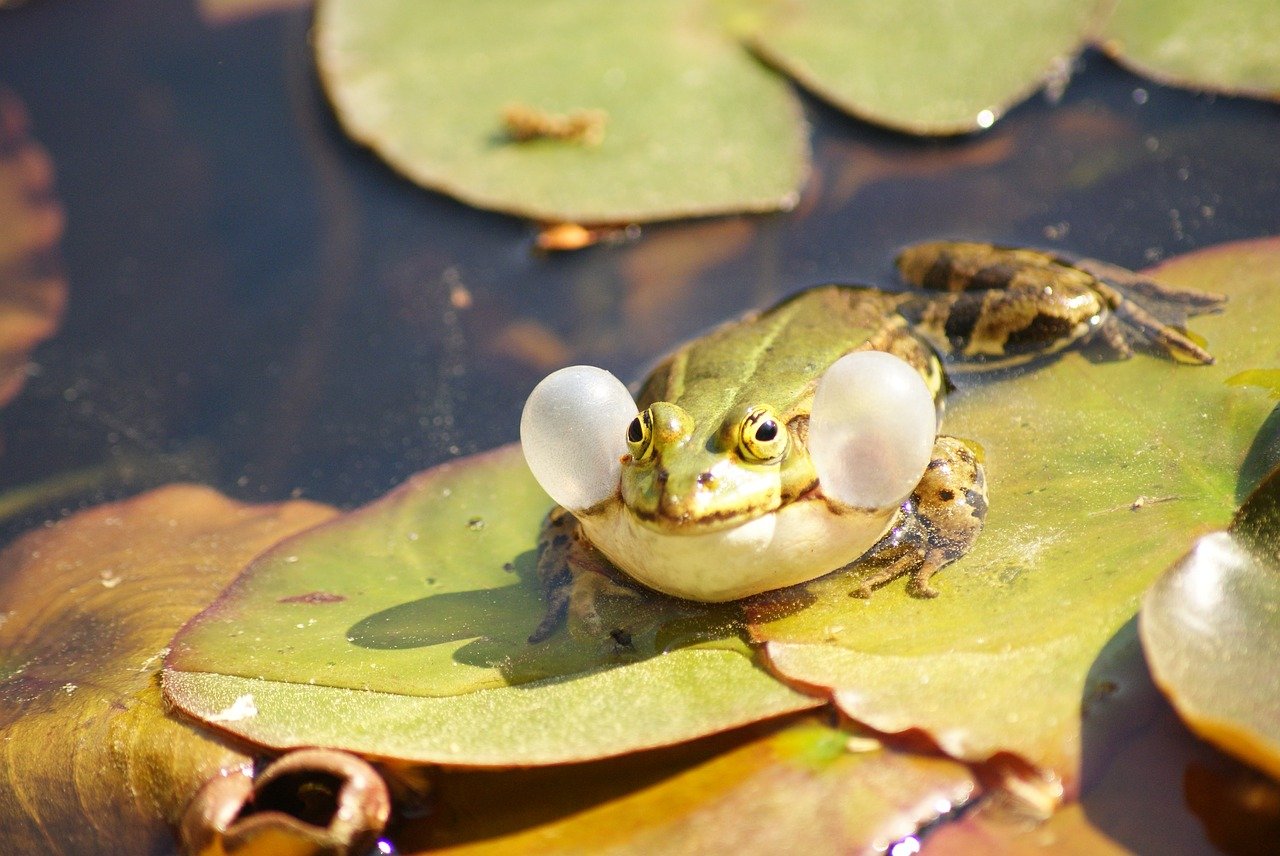
Why Do Frogs Croak? Johnny Holland
But there is a general rule as to when frogs stop croaking and here it is: As a general rule, frogs stop croaking at the end of mating season, around sunrise at about 2 to 3 am, and when they go into hibernation or estivation. Frogs often stop croaking after it rains, or when a predator is near. Frogs may also stop calling due to unfavourable.

10 Reasons Why Frogs Croak At Night Pest Pointers
Higher humidity levels will encourage the urge to mate and inspire frogs to croak at night. Keep your frogs in a cool location that isn't drafty. This will allow you to lower the heating thermostat and let the temperature come down to the lower end of your frog's ideal temperature range. Red-eyed tree frogs, for example, can do just fine in an.
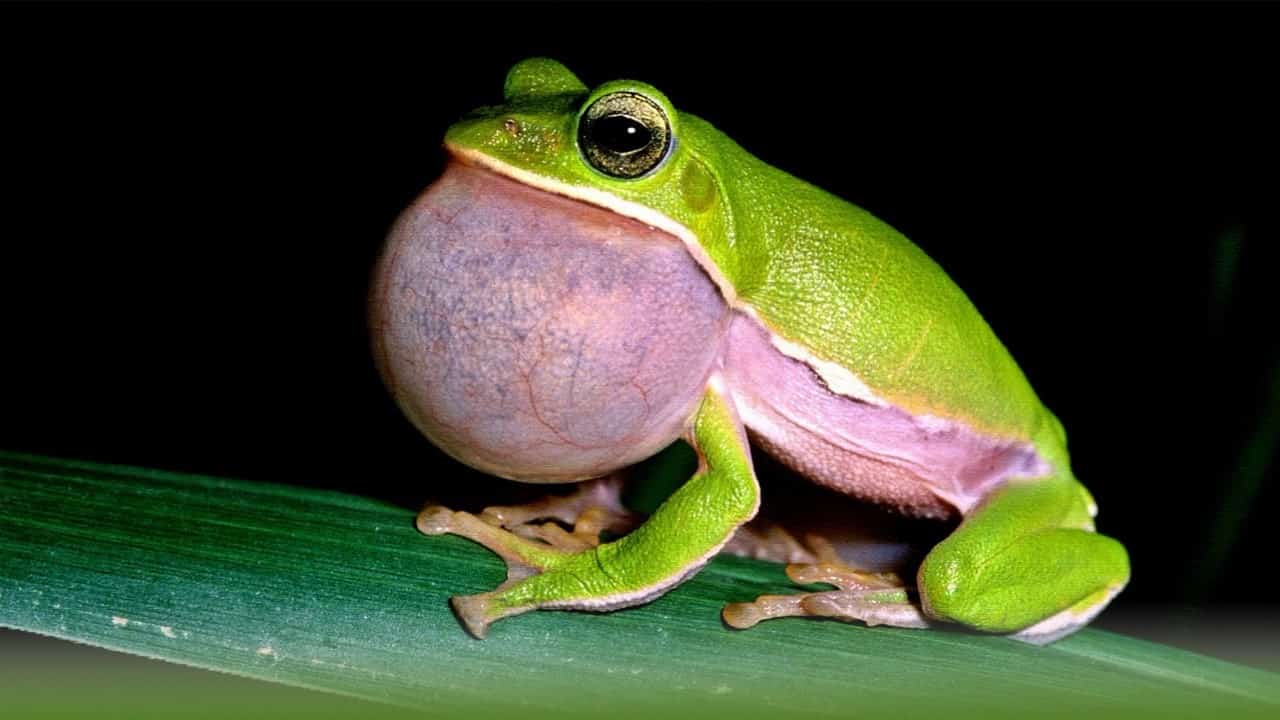
Why do frogs croak? (And how do frogs croak?) Amphibian Life
Frogs croak at night because they want to attract a potential mate. Males croak at night to attract the females hoping that their song will be enough to get a female to join them and breed with them. Frog breeding is commonly observed from March to late June, and that is the time when you might hear the most croaking at night.

Frog croaking at night 21mar15 Cambridge UK 0002a YouTube
Frogs generally croak to attract mates of the same species in order to reproduce and do so at night due to the presence of less predators, darkness, and humidity. Frogs are especially active and croak at night during mating, wet or monsoon seasons. Frogs make noise at night because the darkness provides them shelter, and many of their primary.

Why does the green frog croak? Jardim Gulbenkian
Croaks and ribbits are the same vocalization. They're simply two different words used to describe the same thing. Male frogs ribbit to find mates. Males and females will ribbit if startled, injured, or to protect their territory. Usually, the frogs you hear at night or in the rain are males. In this article, we'll discuss everything from.

Why Do Frogs Croak at Night? (Surprising Facts) Pond Informer
Let's first understand why frogs croak before we delve into the gender aspect. Croaking is primarily a means of communication among frogs, serving various purposes like attracting mates, defending territories, and warning off potential predators. Male frogs are the primary croakers within their species.
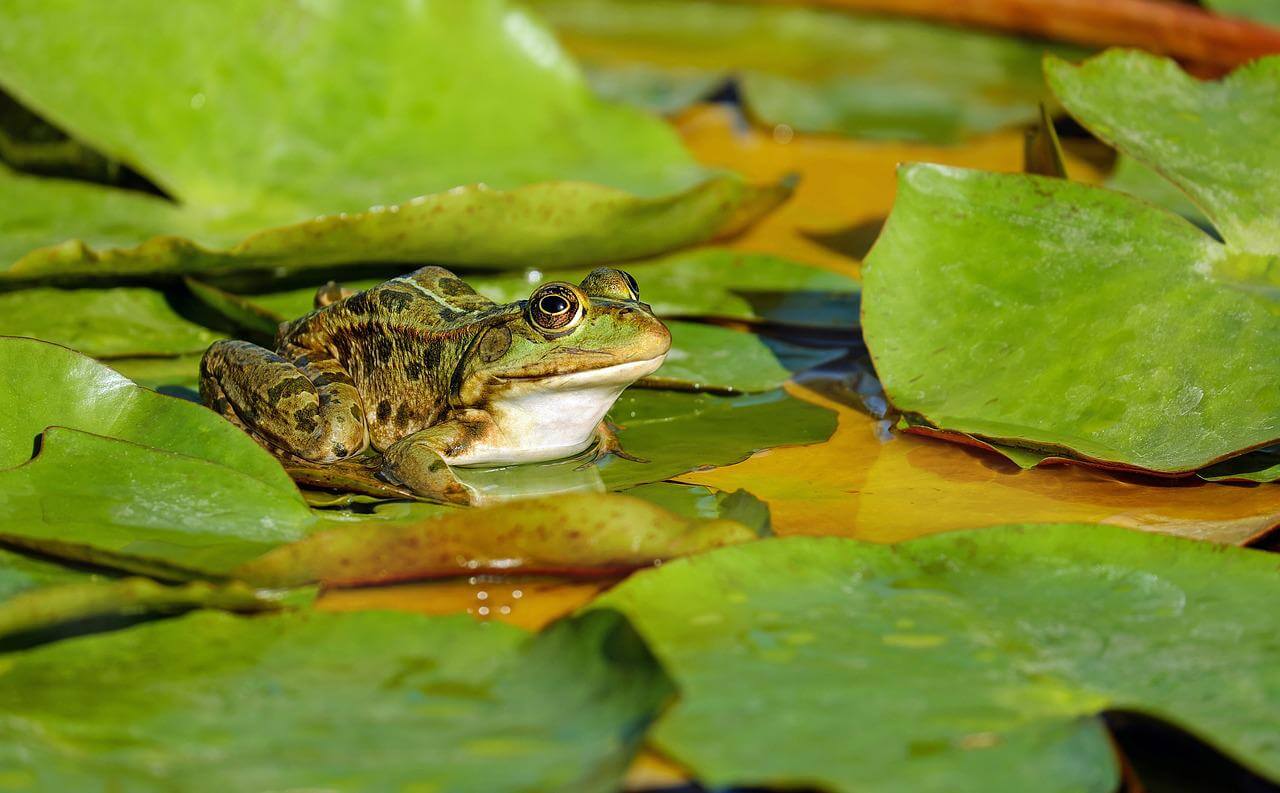
Why do frogs croak The Science Behind It
Another reason why frogs croak at night is to communicate with other frogs. The croaking can serve as a way to establish a sense of community and maintain social connections within a population. By croaking, frogs can let other frogs know their location and presence, helping to maintain a cohesive group..

Why Do Frogs Croak At Night?
Most frogs cannot croak at high frequencies, but the torrent frog (pictured) can chirp up to a frequency of 128,000 Hz! nature.catcher, CC BY-SA 2.0, via Wikimedia Commons. Frogs have to make loud noises to be heard, and they can do so without damaging their own eardrums. They croak by redirecting the movement of air from their lungs.

Why Do Frogs Croak at Night? Clever Pet Owners
Yes, they do. However, the loud croaks you hear at night are typically males. In most frog species, only the males croak since they defend their territories and try to attract females. In contrast, female frogs will either be silent or make high-pitched, chirpy sounds to add to the male's sounds in a duet or encourage the males during mating.

Why Do Frogs Croak At Night? [Science Explains] Acuario Pets
They enjoy moisture in the air for breeding and temperatures that are comfortable. So, obviously, when the mood is set so perfectly, and the night moves in, male frogs need to get the attention of the lady frogs. These croaks that keep you up at night must be loud and attractive or the female frogs will simply ignore the males.
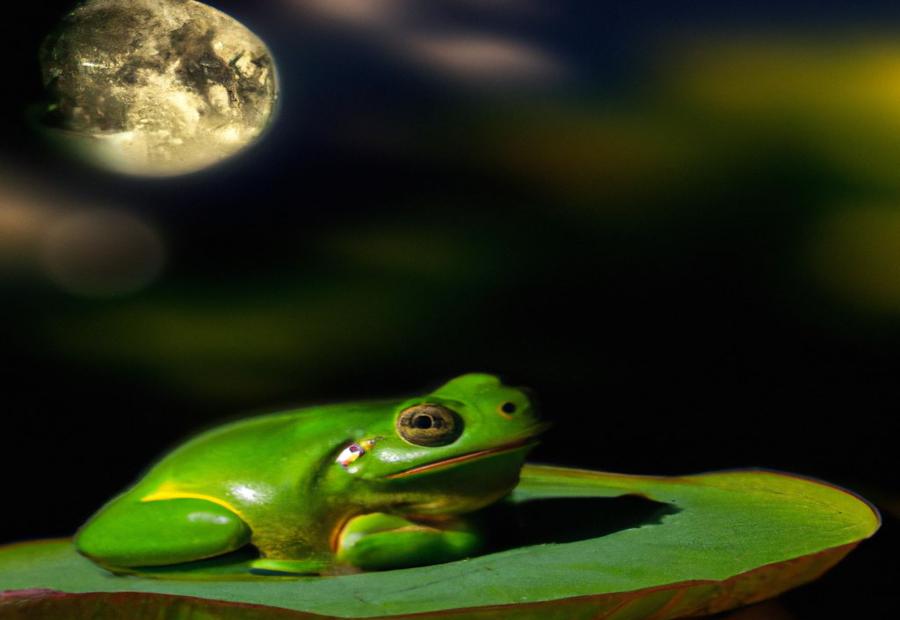
Why Do frogs croak at night
If not, here are some more things you can do about the frogs in your yard. 10. Physically Remove The Frogs. In the most extreme cases, you may have to physically gather up the frogs (if they are not endangered or protected species). Use a long-handled net to scoop them out of the pond, window well, or trees.

Why do frogs croak at night surprising facts Artofit
Attracting Mates. Frogs are known for their distinctive and often loud croaking sounds, especially during the night. One of the primary reasons for this behavior is to attract mates. Male frogs use their croaks as a way to communicate their presence and availability to potential female partners.